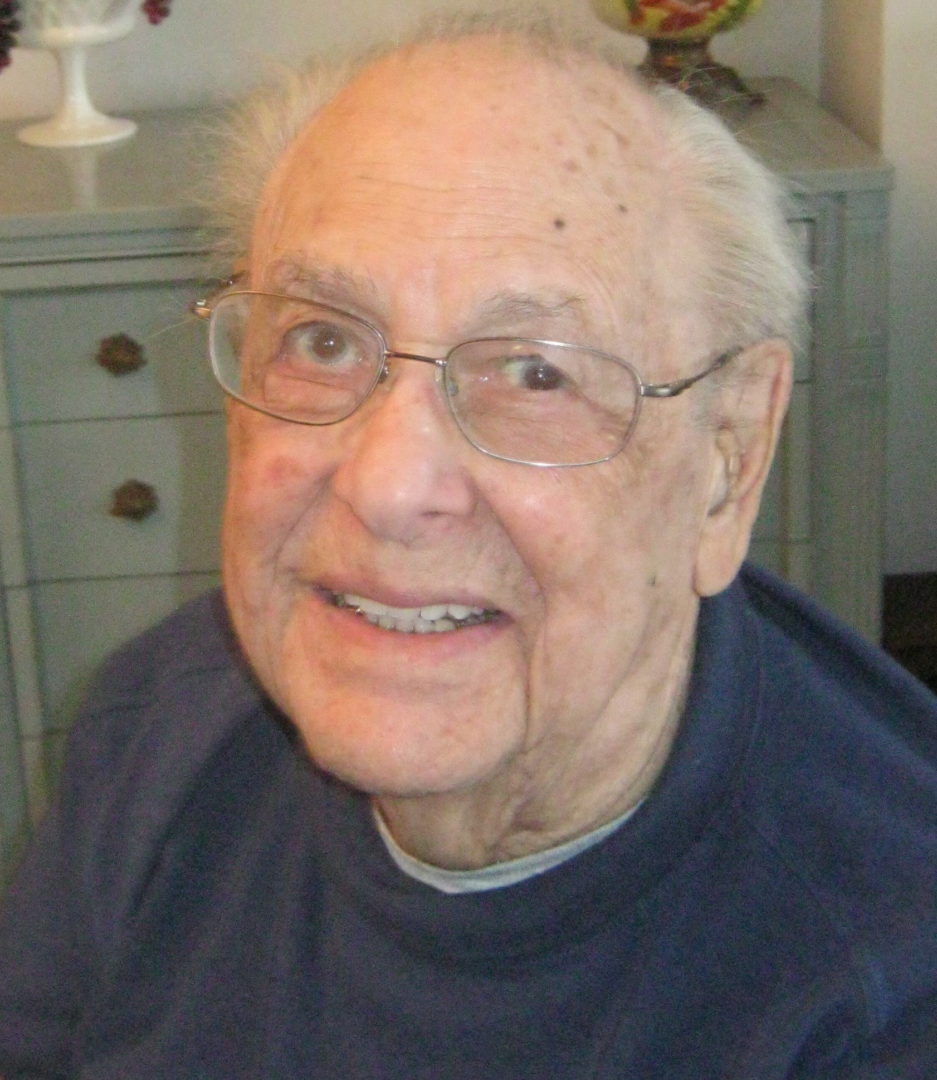As he nears the ripe old age of 100, Saul Cherniack – one of the most prominent figures Winnipeg’s Jewish community has ever produced – can look back with satisfaction on a life well lived.
The former finance minister and deputy premier in Ed Schreyer’s first-ever NDP government (1969-77) and a member of both the Order of Manitoba and Order of Canada, Cherniack will be celebrating his birthday Jan. 10 with family and close friends.
Despite his years, Cherniack remains in relatively good shape, except for some hearing loss and the need for a walker, for which he gives thanks to Myra Wolch, his companion for the past 10-plus years.
“Myra has made a big difference in my life,” he said.
And while the couple are not attending the theatre quite as much as they used to, they’re still getting out and about.
READ: LONG-SHOT JEWISH CANDIDATES FALL TO BLUE WAVE IN MANITOBA
Cherniack has a long, rich history in the Winnipeg Jewish community. He grew up in a home steeped in culture, Yiddishkeit, community service and socialism. His parents, Alter and Fannie, were teenage revolutionaries in Russia, where they sampled the interior of the czar’s prisons for a short time.
“My zaida came here in 1903,” Cherniack said. “He brought over my baba, my father and my aunt [the mother of Cherniack’s first cousin, David Orlikow, longtime NDP MP for north Winnipeg] in 1905. My mother came over shortly after.
“My parents and my sister, Mindel, are responsible for everything I have accomplished in public life.”
While Cherniack’s grandfather dealt in Judaica, his father started out as a watchmaker, a career for which he had trained in Russia. Eventually, Alter Cherniack earned a BA and a law degree. Ironically, the elder Cherniack practised in partnership with Malick Spivak whose son, Sid, served as leader of the Progressive Conservative opposition during the Schreyer years.
Cherniack’s parents were among the founders of the Yiddish language I.L. Peretz School – the first such day school in North America – and were heavily involved in Yiddish theatre in Winnipeg.
“We were always hosting visiting Yiddish writers and poets when I was growing up,” Cherniack recalled.
The younger Cherniack was also involved in theatre in the 1930s as part of a left-wing theatre group.
“We put on plays of social significance,” he said. “We received several good reviews in the papers.”
Cherniack also trained as a lawyer.
During the war years, he served in the Canadian Armed Forces’ intelligence corps, during which time he learned Japanese. After the war, he was one of three lawyers across Canada who acted on behalf of Japanese Canadians who’d been interned during the war years in an effort to win them some compensation for their property that had been seized by the Canadian government.
Cherniack’s first foray into politics came in 1950 when he was elected to the Winnipeg School Board from the heavily Jewish Ward 3, a position that had been in the Cherniack family for 25 years. The position had been filled previously by Sarah (Cherniack) Orlikow (starting in 1925), followed by Saul’s sister, Mindel, who went on to help Tommy Douglas introduce medicare in Saskatchewan, and David Orlikow.
After four years on the school board, Cherniack returned to the private sector. In the late 1950s, he served as president of both the Jewish Welfare Fund (a forerunner of the Jewish Federation of Winnipeg) and the western branch of the Canadian Jewish Congress.
In 1959, he was elected to Winnipeg City Council, and in 1962, he was elected to the Manitoba legislature for the north Winnipeg riding of St. John’s. He was one of just a handful of NDP MLAs – three of them Jewish – who were elected that year. Cherniack was re-elected four more times by comfortable margins.
The NDP’s fortunes changed with the election of 1969. Both the governing Conservatives and second-place Liberals went into the election with new leaders. Not to be outdone, longtime NDP leader Russ Pauley chose – after the vote was called – to step down. He was succeeded by Ed Schreyer, a young charismatic NDP MP who defeated Jewish NDP MLA Sid Green in a subsequent leadership contest.
What was Cherniack’s reaction to being in government?
“We were stunned and a little anxious,” he recalled.
The highlight of his career in government, he said, was combining all of Winnipeg’s various suburban municipalities –he was also urban affairs minister – into one city. He also worked very closely with Schreyer on a number of other issues.
The Schreyer government was defeated in 1977, although Cherniack himself was re-elected. He stepped down in 1981. After the NDP returned to power in 1981, Cherniack was appointed to the board of Manitoba Hydro, where he also served as board chair. In 1984, he was appointed to the Canadian Security Intelligence Review Committee (CSIRC), which was charged with overseeing CSIS activities.
He stepped down from CSIRC and public life in 1992 when his wife, Sybil, became ill. She passed away in 1997.
Cherniack has two sons, Howard in Vancouver and Laurie in Winnipeg, and four grandchildren.
“I enjoy being with my grandchildren,” he said. “My two young granddaughters in Winnipeg are particularly attentive.”







